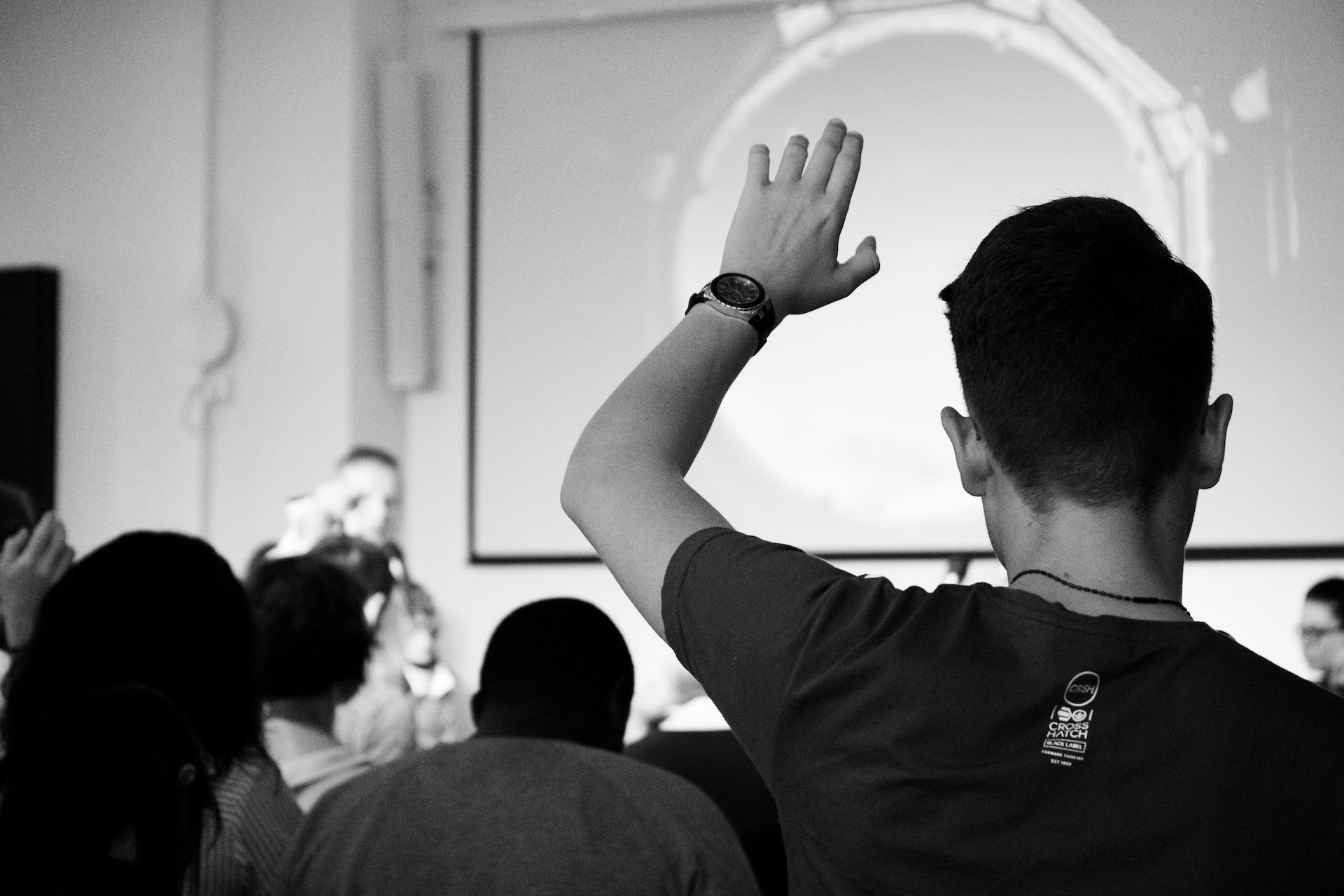Ireland launches children and young people’s assembly on biodiversity loss

Next month Ireland will launch the National Children and Young People’s Assembly on Biodiversity Loss. Created by and for young people, the group will consist of 35 members from across the country, exploring and making recommendations on the protection and restoration of the biodiversity of Ireland.
The young people’s group intends to inform the Citizens’ Assembly on Biodiversity Loss, which is happening this year. The Assembly consists of 99 members of the public and an independent chairperson tasked by the Oireachtas to explore how Ireland can improve its response to the biodiversity challenge.
Biodiversity loss is a rising threat to children’s access to a healthy and safe environment. The group intends to ensure Ireland’s younger generation has a say in how the country can respond to the biodiversity challenge. A Young Advisory Team and an independent research group created the project. The team includes young people across Ireland with research experts in children participation and biodiversity skills from Dublin and Cork University and Terre Des Hommes, an international organisation focusing on children’s environmental rights. Participants of the Assembly explain how important it is that young people have the opportunity to get involved in areas typically managed by adults, as their opinions and ideas matter.
Encapsulating the views of young people from various backgrounds is critical as diversity is a vital part of the process. If we lack ideas from all aspects of life, we risk the chance of creating a rigid, one-sided process. The opinions of the younger generation are vital as they represent the future.
Dr Diarmuid Torney, the research lead from Dublin University, explains that Ireland has a strong reputation for inclusivity of the adult population in creating policies through the citizen’s assemblies. This project will expand its reputation and deliver a process that includes the voices of young people in the decision-making process on biodiversity loss.
Katie Reid, a research member and a children’s environmental rights officer with Terre Des Hommes, worked on a similar project in Scotland. Reid explains that the project in Scotland showed how to improve democratic processes by applying an intergenerational approach that ensures the inclusion of young people’s views and ideas in future plans.
Dr Clodagh Harris, research member and lecturer from the University College of Cork, refers to a native American proverb that states we don’t inherit the Earth from our ancestors, but we borrow it from our children.
The decisions made on biodiversity will have irreversible impacts on future generations, and the views of young people need attention. The new proposal represents an opportunity for children to be involved in critical decisions for biodiversity loss that will directly impact their futures.
All News
